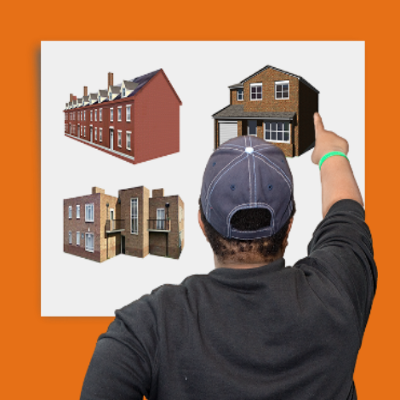Where you could live

You may decide that you would like to continue to live with your family, or you may decide you would like the chance to try and live independently.
So what type of housing is available in Norfolk?
Social housing renting
- This type of housing has to be applied for and housing is allocated based on need and priority
- The benefits are that landlords are regulated and governed by set standards. Generally the tenancy is the most secured and rents are set at a level which reflects housing benefits
- The drawback is that the demand greatly exceeds supply
Private renting
- Private landlords are not concerned with allocation or priority of need
- There is more choice over property and location
- This can mean less security of tenancy
- Private rent can be more expensive and housing benefit may not cover all the cost
- Some landlords do not rent to people on housing benefits
Private sector leasing
- An option that brings together the benefits of social and private housing
- The benefit is you are protected as a tenant, as the housing associations are regulated
- There is no allocation process
Shared ownership
- This helps people with limited funds to buy a property
- Uses the support for mortgage ownership and home ownership long-term disability guidelines
- To be eligible for this option, the following criteria must be met:
- Have a long-term disability
- Have a housing need
- Claim higher rate care component of Disability Living Allowance (DLA) or Personal Independence Payment (PIP)
- Claim Employment and Support Allowance (ESA) and are within the employment support group
Family investment
- Options could include:
- Outright ownership
- Mortgage
- Inheritance of property
- A group of families may purchase a property together or may pay towards some of the costs
